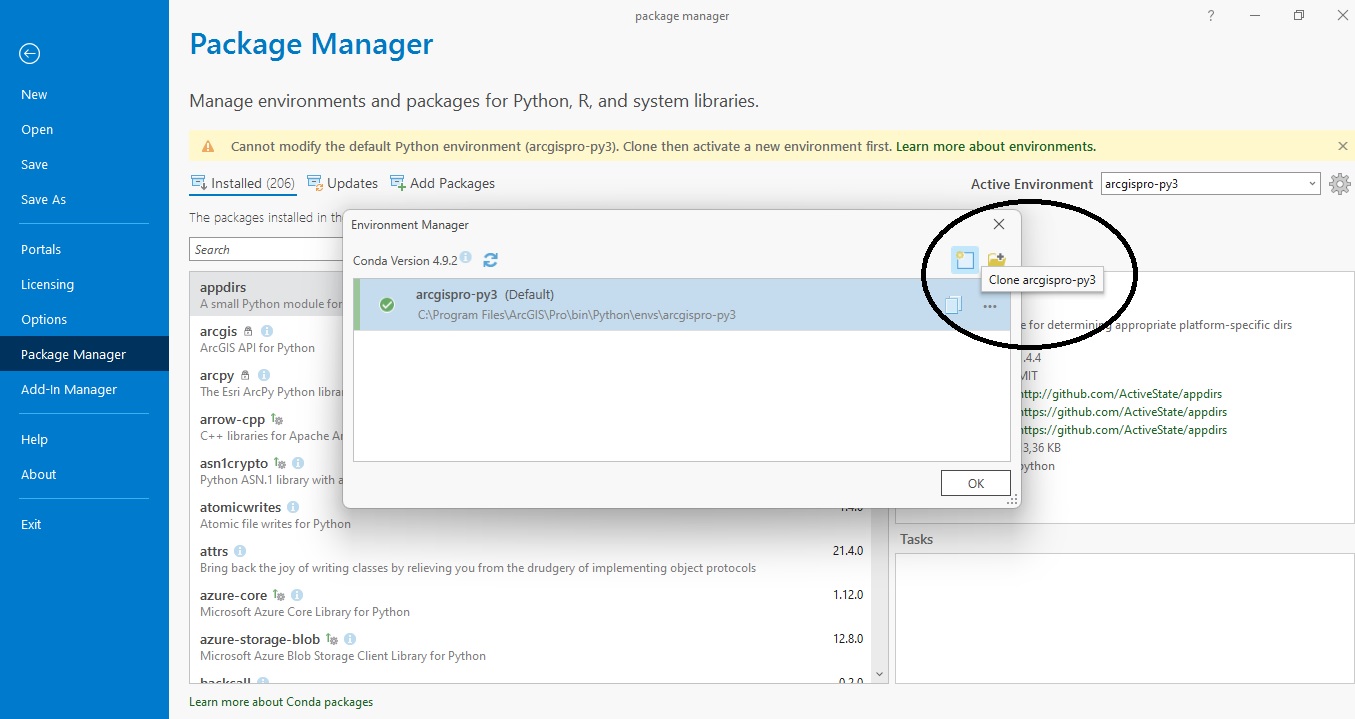
Malicious Python Packages: A Threat to Developers Everywhere
As a developer, you’re no stranger to the world of open-source packages. You’ve probably used them countless times to simplify your workflow, speed up development, and tap into the collective knowledge of the coding community. But what if I told you that some of these packages are hiding a nasty surprise?
Recently, security researchers uncovered a malicious campaign involving rogue Python packages uploaded to the Python Package Index (PyPI). These packages, disguised as harmless tools, contain malware capable of surveillance, crypto-theft, and more. The implications are chilling, and as a developer, you need to be aware of the risks.
The PyPI: A Treasure Trove of Open-Source Goodness
The PyPI is a repository of open-source software for the Python programming language. It’s a treasure trove of packages, libraries, and tools created and shared by the community. With over 200,000 packages available, it’s no wonder developers flock to the PyPI to find solutions to their coding problems.
However, the PyPI’s acceptable use policy explicitly bans the use of the repository as a means to deliver malicious executables or as attack infrastructure. But that hasn’t stopped malicious actors from trying.
The Malicious Package: A Wolf in Sheep’s Clothing
One such package, dubbed “pytoileur,” was recently flagged by security firm Sonatype. This package, with its innocuous-sounding name and description, had been downloaded over 200 times before PyPI admins took it down. But what made it so dangerous?
The package contained code that downloads and installs trojanized Windows binaries, capable of surveillance, crypto-theft, and more. The researchers linked this package to similar ones, suggesting a wider, months-long campaign.
The Risks Are Real
As a developer, you might be thinking, “But I only use trusted packages from reputable sources.” The truth is, even the most cautious among us can fall prey to these malicious packages. The consequences can be devastating, from compromised systems to stolen sensitive data.
So, what can you do to protect yourself?
- Be cautious when installing packages from unknown sources.
- Verify the authenticity of packages before installing.
- Keep your systems and software up-to-date.
- Be aware of the risks and stay informed about the latest threats.
Conclusion
The world of open-source packages is a double-edged sword. While it offers unparalleled benefits, it also poses significant risks. As developers, it’s our responsibility to be aware of these risks and take steps to mitigate them. Remember, in the world of coding, vigilance is key.
 A malicious Python package can be hiding in plain sight.
A malicious Python package can be hiding in plain sight.















